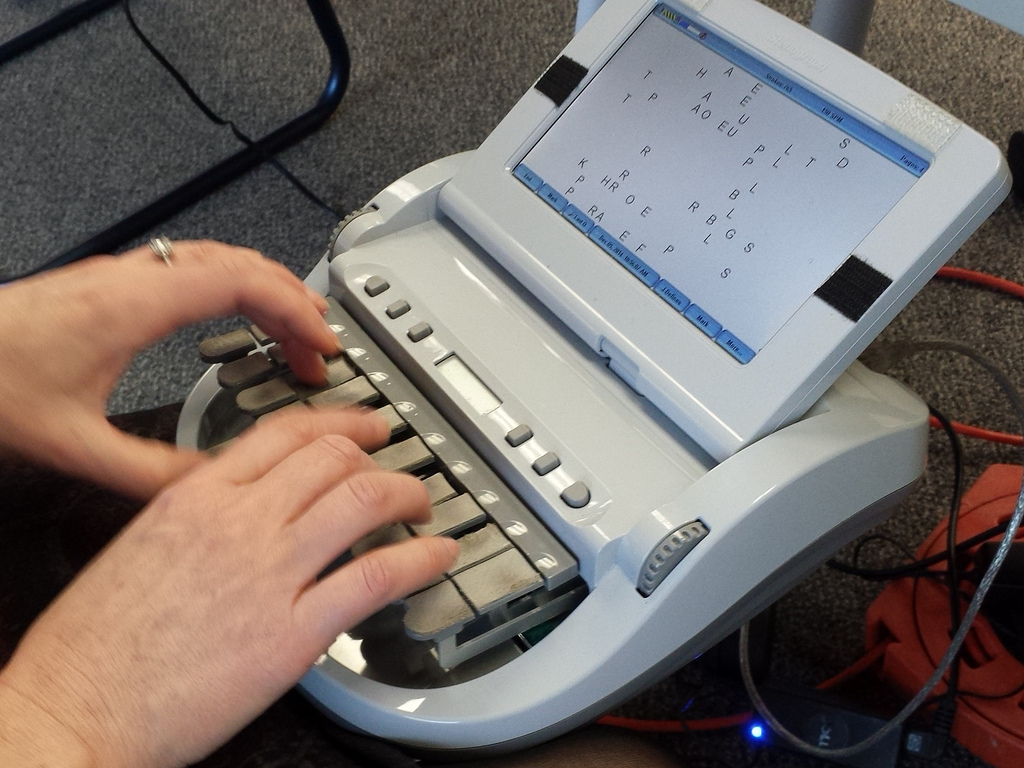Transforming Legal Reporting for Modern Law Firms

Unveiling the Power of Court Scribes In the ever-evolving realm of law, precision and expediency stand as imperatives. Court reporting, a linchpin of legal proceedings, has undergone a profound metamorphosis in the wake of Court Scribes’ emergence. This article delves into the transformative prowess of Court Scribes within contemporary law firms, dissecting how their digital […]
History of Court Reporting and How CourtScribes Stands Apart

The History of Court Reporting In the realm of law and order, where every word spoken holds significance, there exists a silent yet indispensable profession: court reporting. Imagine a courtroom devoid of these meticulous note-takers, and the gravity of their role begins to dawn. From ancient times to the digital age, court reporting has been […]
Transcending Boundaries: The Pinnacle of Precision in Court Reporting

In the intricate tapestry of the legal realm, where every thread of information can sway outcomes, CourtScribes stands as the beacon of unparalleled expertise. With a fusion of seasoned professionals, state-of-the-art technology, and a nationwide reach, our agency has become synonymous with precision, reliability, and excellence in court reporting. Our steadfast commitment to capturing every […]
The Evolution of Court Reporting: A Deep Dive into CourtScribes

In the ever-evolving landscape of the legal industry, one of the constants has been the need for accurate record-keeping. From the days of quill and parchment to the digital era, the chronicle of courtroom proceedings remains an essential pillar of the justice system. For centuries, this responsibility has fallen on the shoulders of court reporters, […]
CourtScribes Explains What a Stenographer Is and Does

CourtScribes is the number one company in America when you are looking for a stenographer. A stenographer is one who is trained to type or write in shorthand methods, enabling them to write as quickly as people speak. Stenographers create long-lasting documentation of everything from court cases to medical conversations. This is useful in many […]
What is Digital Court Reporting

When it comes to court reporting, people are most familiar with seeing the lady typing on the weird typewriter and going very fast to keep up with the testimony being given. What they may not know is that she is using a special stenographer’s tool that shortens the words for speed purposes. Well, it was […]
